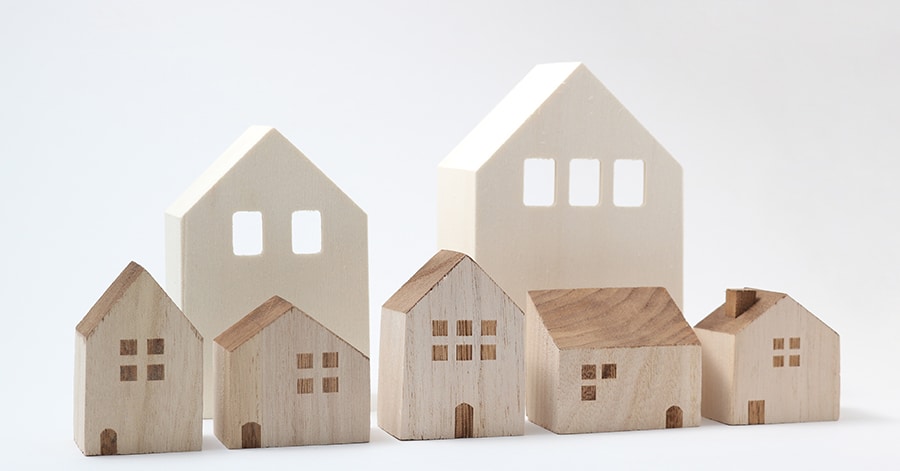
Why Buy Home Insurance?
Home insurance is a crucial component of responsible homeownership, and there are several compelling reasons to invest in a policy. Let me outline some key advantages of having home insurance:
Safeguarding your investment: Your home is likely one of your most valuable assets. Home insurance protects your investment by covering damages resulting from unforeseen events, such as fires, storms, or burglaries. This coverage ensures that you’re not left with a substantial financial burden in the event of an unexpected incident.
Liability protection: Accidents can occur, and if someone sustains an injury on your property, you could be held liable. Home insurance includes liability coverage, which helps shield you from the financial repercussions of personal injury claims.
Mortgage requirements: Mortgage lenders typically mandate home insurance to protect their investment in your property. By obtaining a policy, you’re not only safeguarding your interests but also fulfilling your mortgage obligations.
Peace of mind: Home insurance offers a sense of security and peace of mind, knowing that your home is protected against unforeseen circumstances. While no one likes to dwell on worst-case scenarios, home insurance ensures you’re prepared for any eventuality.
Personal belongings coverage: Home insurance not only covers the structure of your house but also extends to your personal possessions inside. In case of damage or theft, this coverage provides financial assistance to replace your belongings.
Temporary living expenses: If a covered event renders your home uninhabitable, your policy may cover the cost of temporary housing while your home undergoes repairs or reconstruction. This support can be invaluable during an already stressful period.
Home Insurance Considerations
When shopping for home insurance, it’s essential to carefully weigh several factors to ensure you choose the right policy for your needs. Begin by evaluating the various coverage options, including dwelling coverage for the structure, personal property coverage for belongings, and liability coverage for potential legal expenses. You may also want to consider additional coverages, such as flood or earthquake insurance, depending on your location and specific needs.
Make sure to assess the policy limits, which determine the maximum amount the insurer will pay for a covered loss. It’s important to select limits that adequately protect your assets and meet your financial requirements. You’ll also want to factor in deductibles, which are the out-of-pocket expenses you’ll pay before your insurance kicks in. Balancing deductibles with premiums can help you find a policy that fits your budget while still providing the necessary protection.
As you compare policies, inquire about discounts, such as those for bundling insurance products, having a security system, or being claims-free. These discounts can lead to significant savings on your premiums. Additionally, take the time to research the insurer’s reputation for customer service, claims handling, and financial stability, as these aspects can greatly impact your overall satisfaction with the policy.
By carefully reviewing these considerations, you’ll be well-equipped to find a home insurance policy that offers the right protection for your specific situation while also fitting your financial needs.
